Going green isn’t just good for the planet; it can also save you money. Here are 22 eco-friendly practices that, despite being restricted in some places, can significantly benefit your wallet when implemented correctly.
1. Rainwater Harvesting
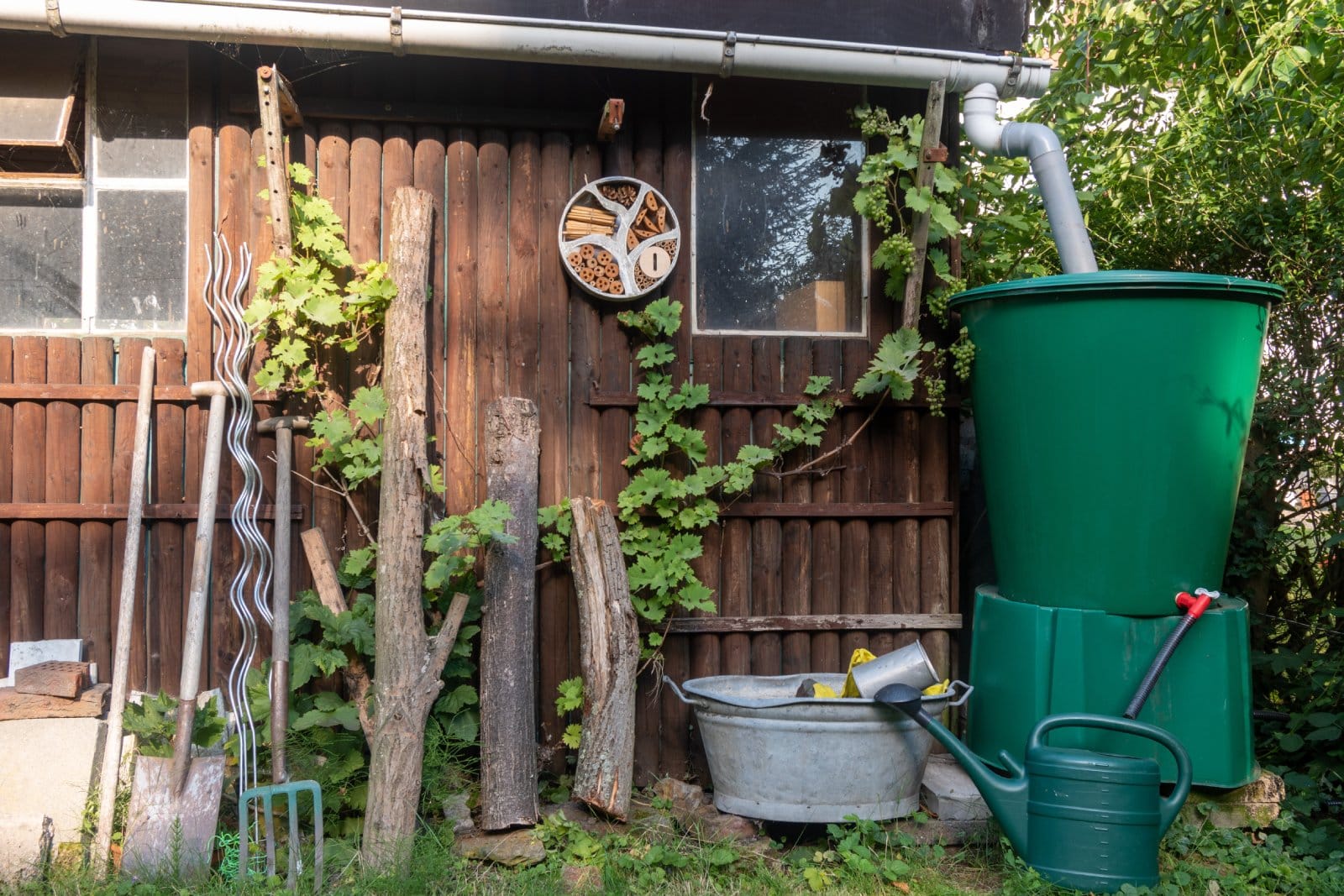
Capturing and using rainwater can drastically reduce your water bills. Some areas restrict this practice, but where allowed, it’s a smart way to water your garden for free.
2. Solar Panel Installation
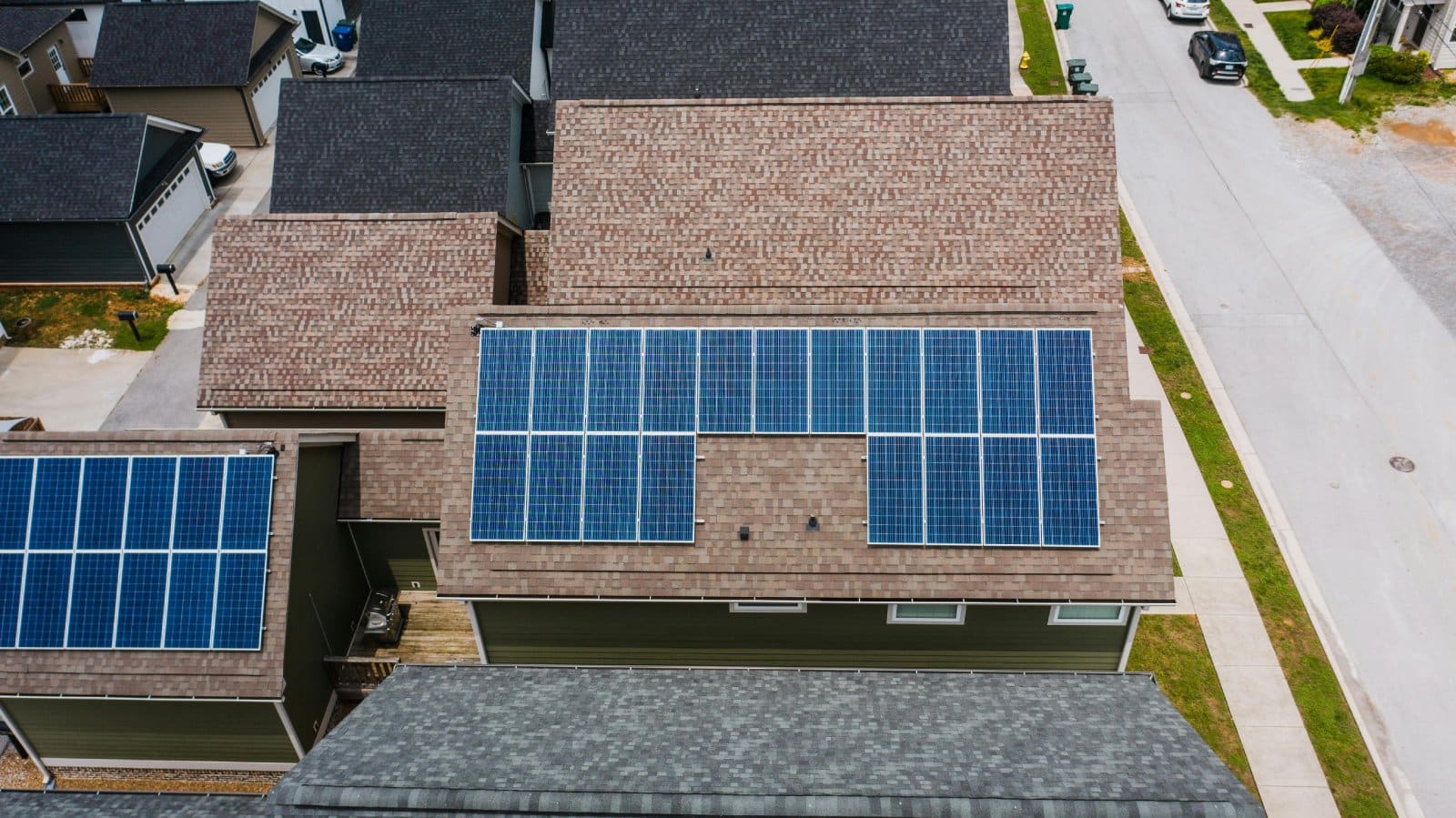
Although some regions have strict regulations on solar panel installations, using solar energy can cut your electricity costs dramatically over time.
3. Composting

Composting organic waste reduces the amount of trash you send to the landfill and provides you with free, nutrient-rich fertilizer for your garden.
4. Greywater Recycling
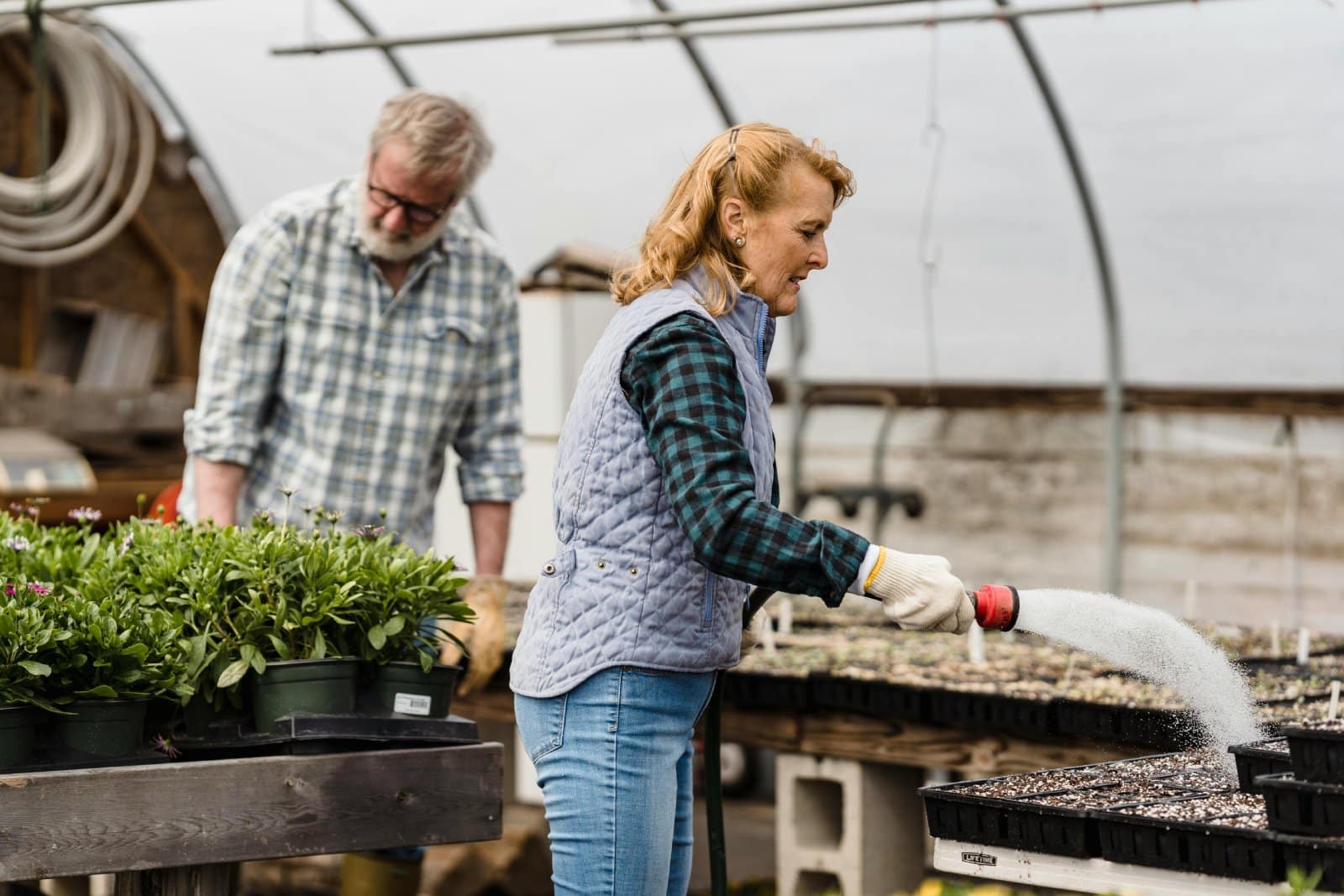
Reusing water from sinks and showers for irrigation can reduce water bills. While restricted in some places, it’s a great way to conserve water and lower costs where permitted.
5. Wind Turbines

Small-scale wind turbines can generate electricity for your home, reducing reliance on the grid and lowering energy bills. Check local regulations for installation guidelines.
6. Using Reclaimed Wood

Reclaimed wood is cheaper than new lumber and adds character to your home projects. Some areas have restrictions on sourcing, so ensure you follow local guidelines.
7. Backyard Chickens
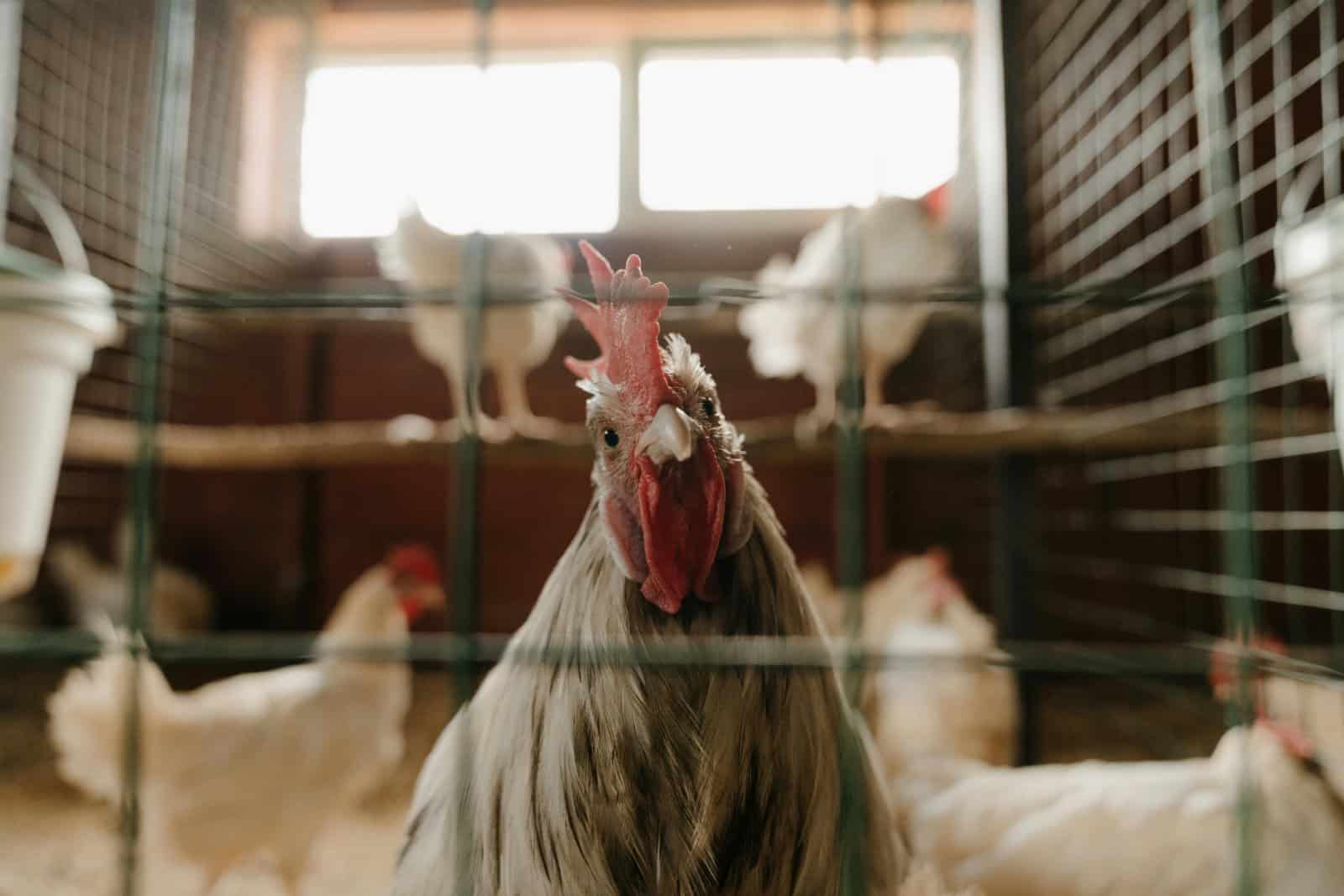
Raising chickens for eggs can save on grocery bills and reduce food waste. However, many urban areas have bans or strict regulations, so check local laws.
8. Building with Straw Bales
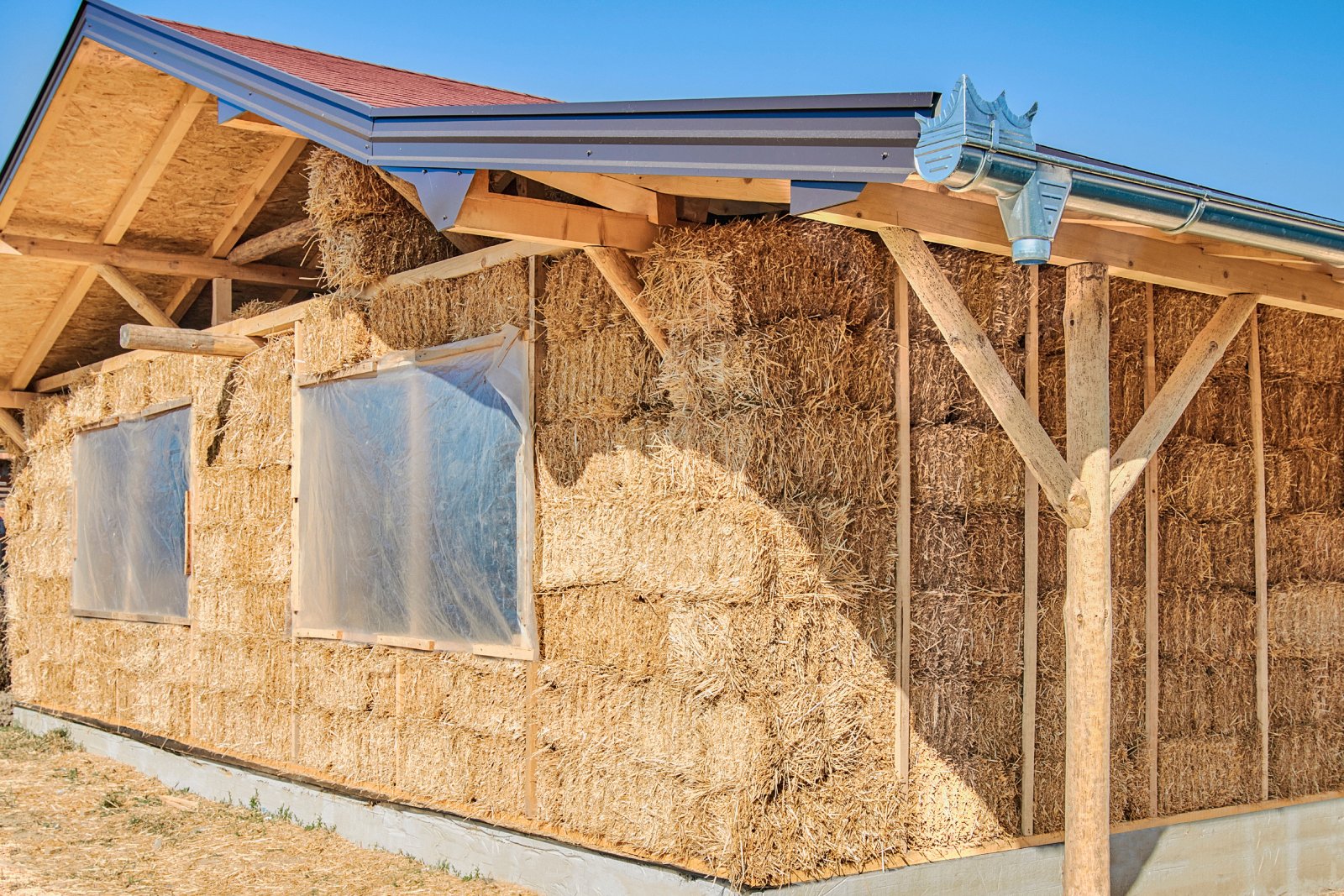
Straw bale construction is eco-friendly and cost-effective, but building codes in some regions restrict this method. It’s worth exploring in areas where it’s allowed.
9. Using Salvaged Materials

Incorporating salvaged materials into home projects can save money and reduce waste. Local building codes may have restrictions, so ensure compliance.
10. Growing Your Own Food
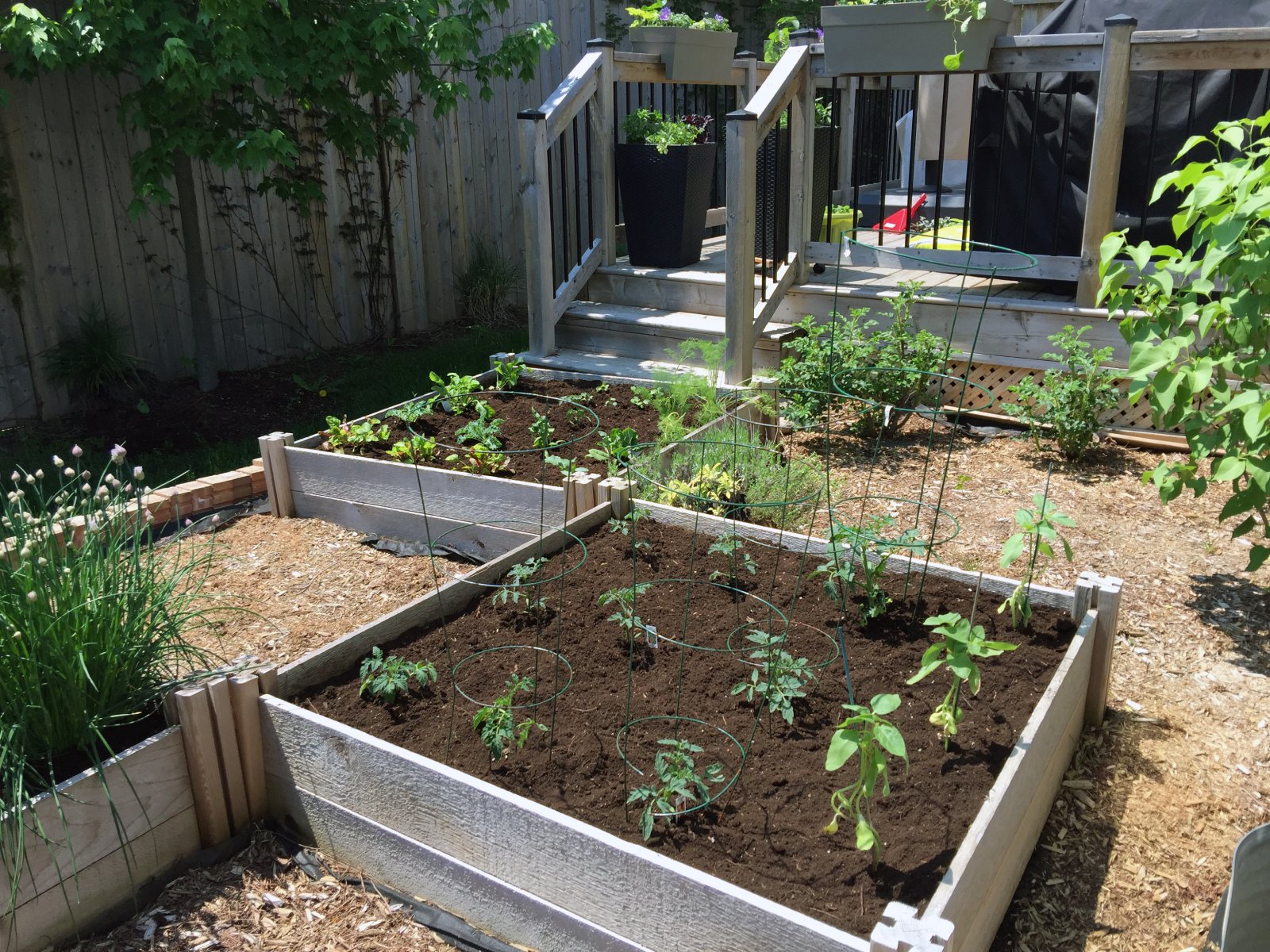
Home gardening cuts down on grocery bills and provides fresh produce. Some HOAs and municipalities have restrictions, so know the rules before you plant.
11. Tiny Homes

Tiny homes are cost-efficient and reduce environmental impact. However, zoning laws in many areas restrict them, so check local regulations.
12. Natural Swimming Pools

These pools use plants to filter water instead of chemicals, reducing maintenance costs. Regulations vary, so ensure compliance with local health and safety codes.
13. Earthbag Homes
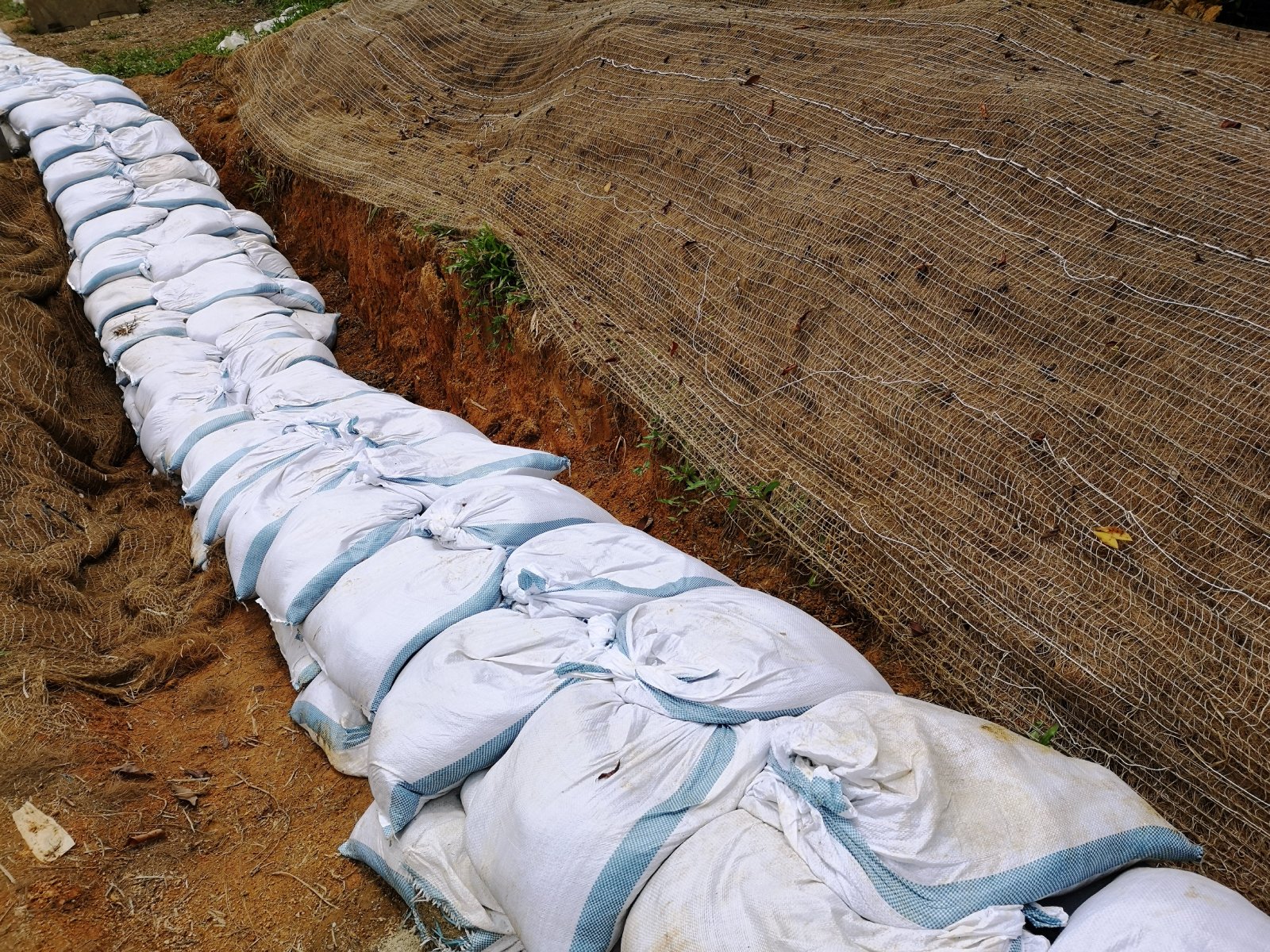
Earthbag construction is affordable and sustainable, but not widely accepted by building codes. Investigate local regulations before starting such a project.
14. Off-Grid Living

Living off-grid can save on utilities and promote self-sufficiency. However, many places have strict codes, so it’s essential to understand local requirements.
15. Hempcrete Construction

Hempcrete is a sustainable, insulating material that can reduce heating and cooling costs. Its use is restricted in some areas due to building codes.
16. Geothermal Heating
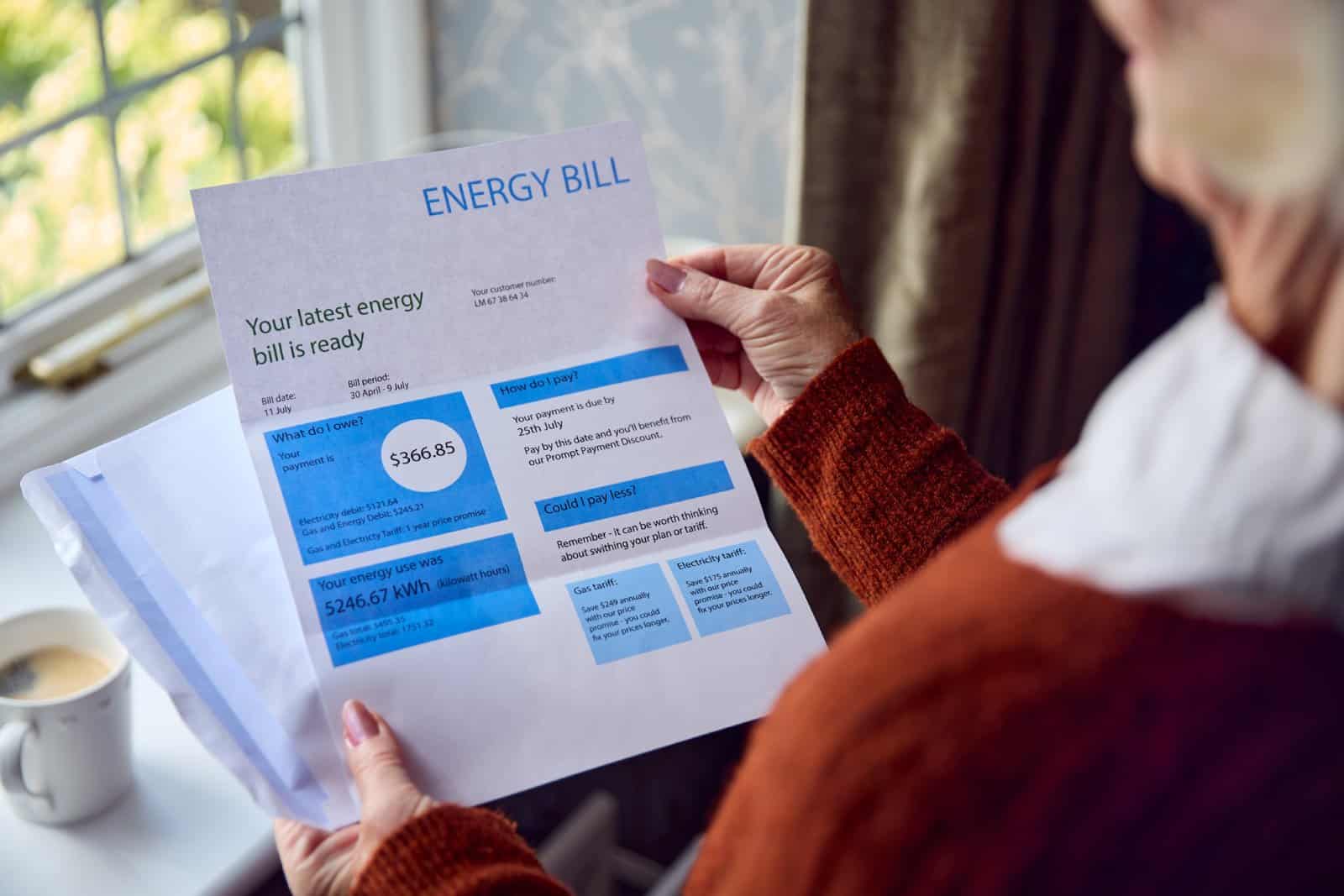
Installing geothermal heating and cooling systems can significantly cut energy bills. Some areas restrict drilling for geothermal energy, so check local guidelines.
17. Using Greywater Systems

Greywater systems reuse water from sinks, showers, and washing machines for irrigation, cutting water bills. Regulations vary, so compliance is necessary.
18. Passive Solar Design

Designing homes to maximize natural heating and cooling reduces energy costs. Building codes in some regions may limit these designs, so know your local rules.
19. Living Roofs
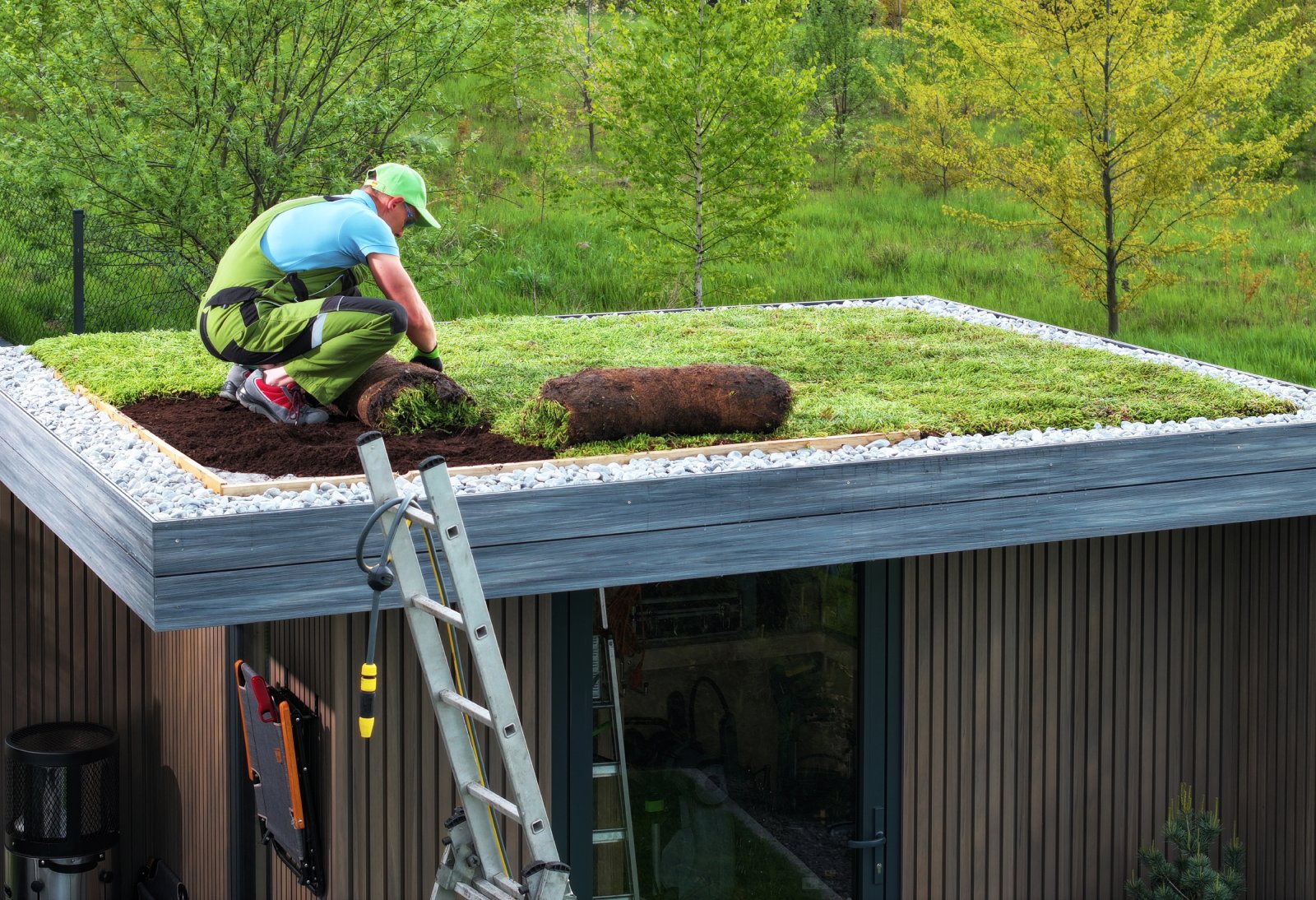
Green roofs insulate homes and reduce energy costs. They’re restricted in some places due to structural concerns, so ensure your home can support one.
20. Composting Toilets
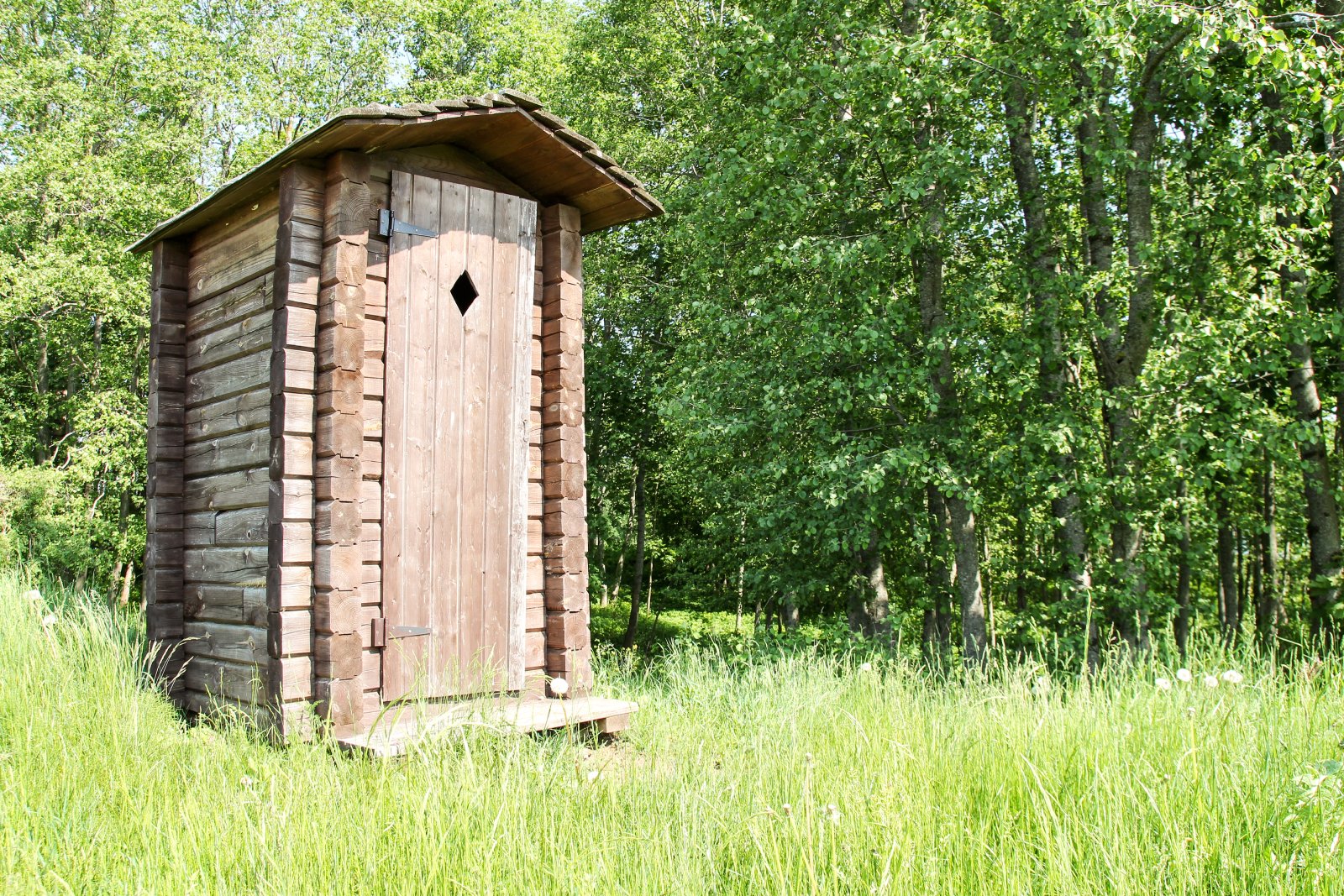
These toilets save water and reduce waste. Regulations vary, so check local health codes before installation.
21. Natural Insulation Materials

Materials like wool or cotton provide eco-friendly insulation. Ensure these materials meet local building codes before use.
22. Car Sharing

Car sharing reduces the number of vehicles on the road and cuts transportation costs. While not banned, local regulations may affect availability and usage.
Green Savings Ahead

Implementing these eco-friendly practices not only benefits the environment but can also lead to significant savings. Understanding local regulations is key to successfully adopting these practices and reaping their financial rewards.
Remote No More: 19 Companies Returning to the Office

As the pandemic wanes, companies are recalling remote workers back to the office, sparking debates on fairness, costs, and convenience. However, there are also notable productivity, coworking, and mental health benefits to consider. Feeling the effects of these changes? Remote No More: 19 Companies Returning to the Office
8 Costco Must Buys and 8 to Leave Behind

Ever wandered Costco’s aisles, questioning if that giant jar of pickles is a real bargain? Or debated buying tires where you get your rotisserie chicken? Welcome to the definitive guide to Costco shopping—a journey to save money, prevent regrets, and offer quirky insights into bulk buying. 8 Costco Must Buys and 8 to Leave Behind
23 Reasons Texas Is the Next Big Thing

Texas is becoming a beacon of opportunity, blending cultural heritage with economic growth. From its landscapes to its industries, the Lone Star State offers a dynamic lifestyle. Here are 23 reasons why Texas stands out, attracting entrepreneurs, artists, tech professionals, and families seeking new beginnings. 23 Reasons Texas Is the Next Big Thing
15 Top Sites to Sell Your Unwanted Goods Besides Craigslist

Selling your unwanted items can declutter your space and boost your income. While Craigslist is popular, there are many alternatives with unique features and wider audiences. Explore these 15 Craigslist alternatives for selling everything from furniture to electronics, finding the perfect platform to turn clutter into cash. 15 Top Sites to Sell Your Unwanted Goods Besides Craigslist
Work from Anywhere: 19 Companies Still Supporting Remote Work

Tired of commuting and craving work flexibility? You’re not alone. Many companies now offer remote work, benefiting both employees and employers. Ever wondered how this shift could enhance your work-life balance? Work from Anywhere: 19 Companies Still Supporting Remote Work
The post – 22 Banned Eco Practices That Are Actually Good for Your Wallet – first appeared on Liberty & Wealth.
Featured Image Credit: Shutterstock / Related keywords.
The content of this article is for informational purposes only and does not constitute or replace professional financial advice.
For transparency, this content was partly developed with AI assistance and carefully curated by an experienced editor to be informative and ensure accuracy.

